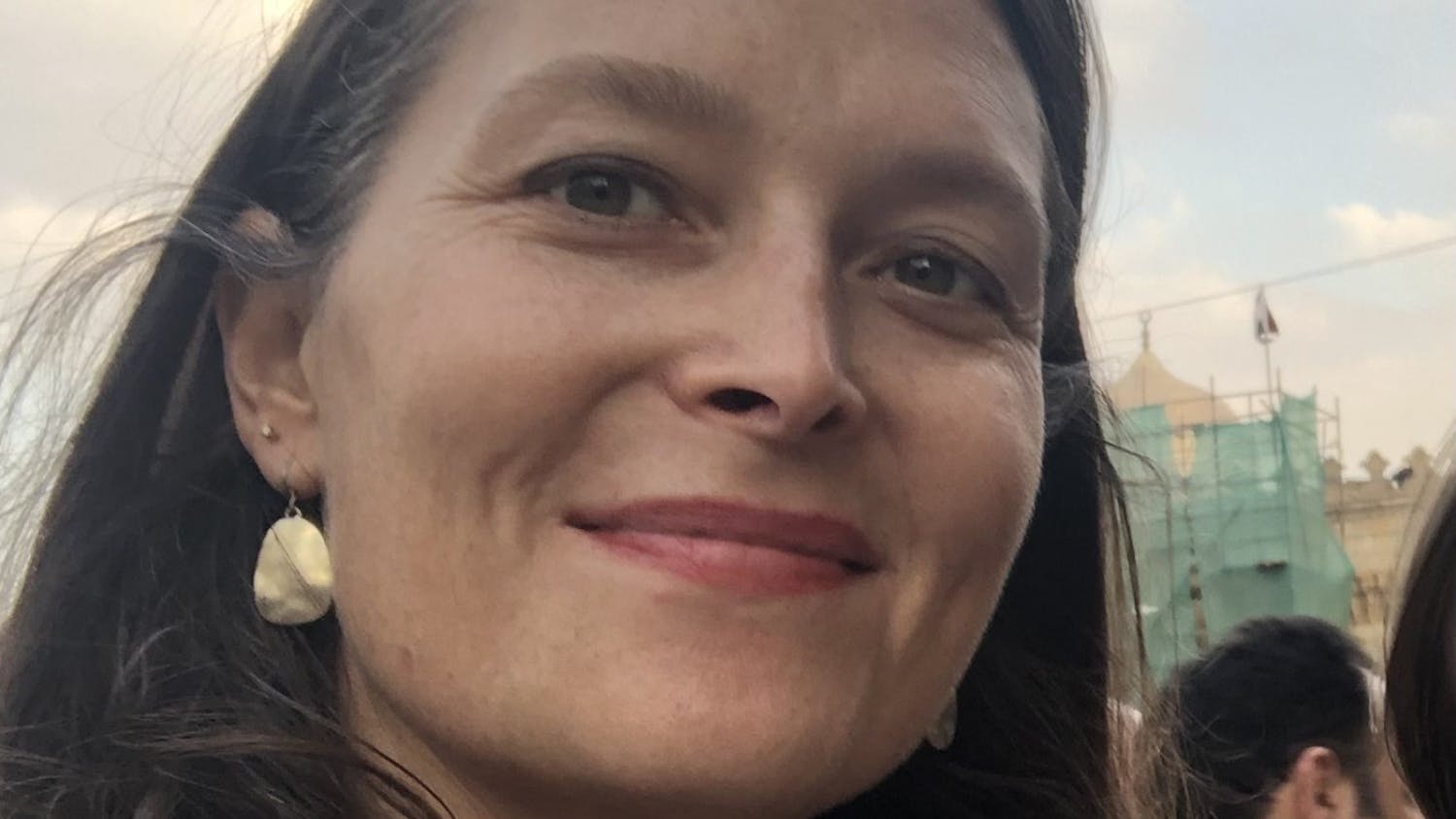As we approach the 43rd anniversary of John F. Kennedy's assassination, it is time we look into the means behind Kennedy's death - not merely the various conspiracy theories which currently abound, but also one particular theory that receives scant attention but is yet especially plausible.
It is a well-established fact that, during the first two years of his presidency, Kennedy engaged in repeated efforts to assassinate Cuban dictator Fidel Castro. The end result of these endeavors was that Soviet Premier Nikita Khruschev, in an effort to preserve the power of one of his more important puppet regimes, sent nuclear missiles over to the island of Cuba as a way of intimidating the United States into backing off. Kennedy managed to have those missiles removed, thereby averting a Third World War. Part of the complicated agreement that Kennedy struck with the USSR, naturally, involved a pledge to permanently cease all efforts on Castro's life. That aspect of the problem seemed to have been resolved.
Yet it is an established fact (as gleaned from the secret Johnson White House tapes, now chronicled by historian Michael Beschloss) that both President Lyndon Johnson and FBI head J. Edgar Hoover were convinced that Kennedy's assassination was the work of Fidel Castro. Armed with the knowledge that he could exact retribution against the man who had spent so much time trying to kill him, it seemed only logical that Castro might wish to assassinate President Kennedy. What's more, given the hard-fought truce that had been only narrowly obtained after the Cuban Missile Crisis, Castro knew that he could gain his revenge against Kennedy with the confidence that America would be unwilling to respond in kind, for fear of provoking the type of nuclear war that they were clearly determined to avoid. Based on Lee Harvey Oswald's well-established connections with pro-Castro movements in Cuba, it was only a short cognitive leap into assuming that Castro was somehow involved. As evidence accumulated that there had been more than one gunman who had shot at Kennedy, it seemed even more likely that his death was not the work of a lone Communist sympathizer, but rather a conspiracy on the part of the Cuban government.
Johnson then assembled a commission, to be headed by distinguished Supreme Court Chief Justice Earl Warren, to "investigate" Kennedy's assassination, while privately imploring them to avoid coming to any conclusions that might implicate individuals other than Oswald - conclusions that, Johnson feared, would inevitably point the finger at Castro, and cause a massive movement within the United States to declare war on that country, and thus provoke a global conflict.
One of the problems surrounding analysis of Kennedy's assassination is that the subject is so heavily weighted with political implications. Some conservatives, who wish to adhere to a traditional view of American history, rarely imply that anything occurred that cannot be found in the Warren Commission report. On the other hand, many liberals, due to a distinct anti-establishment trend, are inclined to attack popular scapegoats (the CIA, the FBI, the Mafia, the military-industrial complex) and arrange evidence after the fact in such a way as to make their case fit against the desired culprit. The one conclusion that strikes me as being most logical is often ignored for reasons that are, regrettably, more political than empirical.
Fairly or otherwise, Johnson is remembered today as a warmonger, and this fact is tragic not merely because it overshadows some of his great domestic accomplishments, but also because it overlooks the great contribution he made to world peace. Had Johnson truly been a warmonger, he could have very easily taken advantage of Kennedy's assassination in such a way as to get us involved in a war with Cuba. Given the intensely anti-Communist climate in early-1960s America, he almost certainly would have had the near-unanimous support of virtually all major political factions. Indeed (and this is a sobering thought), Johnson probably could have pinned the blame on Cuba even had there NOT been a compelling case indicating their involvement, and politically profited as a result. But for the sake of preserving world peace, he decided not to do so.
If there is justice in the world, Lyndon Johnson will someday receive due recognition for his one contribution that liberals and conservatives alike have been loathe to acknowledge - that is, his contribution to world peace.
Matt Rozsa is a graduate student in the College of Arts and Sciences. He writes a column of historical vignettes for The Eagle.




